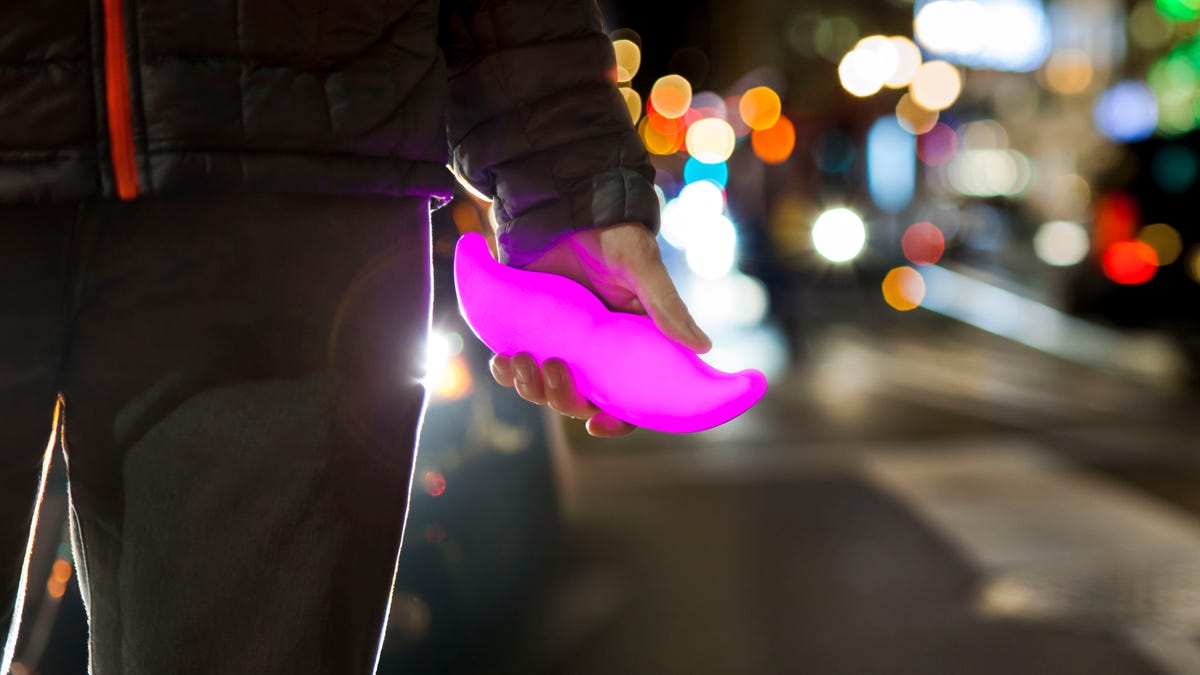Are Uber, Lyft no better than pigeons? San Francisco wants to find out
The city will determine whether the two ride-hailing giants have become public nuisances.

If you've ever encountered a double-parked Uber or Lyft blocking traffic while waiting for a rider, you're going to like the reason behind San Francisco's latest round of subpoenas.
The city of San Francisco has issued subpoenas to both Uber and Lyft to determine whether or not the ride-hailing companies have become a "public nuisance," Reuters reports. The subpoenas are asking both companies to furnish records related to both driving and business practices. Specific requests include hours and miles logged, traffic infractions and the locations drivers visit.
San Francisco's concern spans multiple angles. Not only is the city concerned that Uber and Lyft drivers might be contributing to congestion by acting as road hazards, but there's also a question of whether or not the two ride-hailing companies are adequately addressing the needs of underserved poor neighborhoods.
Once Uber and Lyft start rolling out autonomous cars in earnest, it may alleviate some of the congestion concerns, as the cars aren't exactly programmed to double-park. Until then, though...
"No one disputes the convenience of the ride-hailing industry, but that convenience evaporates when you're stuck in traffic behind a double-parked Uber or Lyft, or when you can't get a ride because the vehicle isn't accessible to someone with a disability or because the algorithm disfavors the neighborhood where you live," said Dennis Herrara, San Francisco City Attorney, according to Reuters.
Uber thinks it's a bunch of hooey. "We're more than happy to work with the City to address congestion, but it should be a comprehensive solution including construction, the city's population increase, and the rise of online delivery services," said Eva Behrend, an Uber spokeswoman, via email.
"According to the San Francisco Municipal Transportation Agency, [ride-hailing services] represent just 2 percent of rides in San Francisco, and the city's stated goal is to encourage more shared rides. Also, given the fact that the city posts home addresses of drivers on its public website, we have serious concerns about providing personal data that the City refuses to protect.," Behrend continued.
"We are currently reviewing the subpoena, but Lyft has always been focused on improving transportation access for people across all cities in which we operate," said Chelsea Harrison, a Lyft spokeswoman, via email. "In San Francisco, nearly 30 percent of rides take place in underserved neighborhoods and 20 percent of Lyft rides begin or end at a public transit station. We also have a track record of working collaboratively with policymakers who regulate us, including the CPUC here in California, to ensure that our service complements existing transportation options."
The City of San Francisco did not immediately reply to a request for comment.
Update, 12:31 p.m. Eastern: Added Lyft statement.

